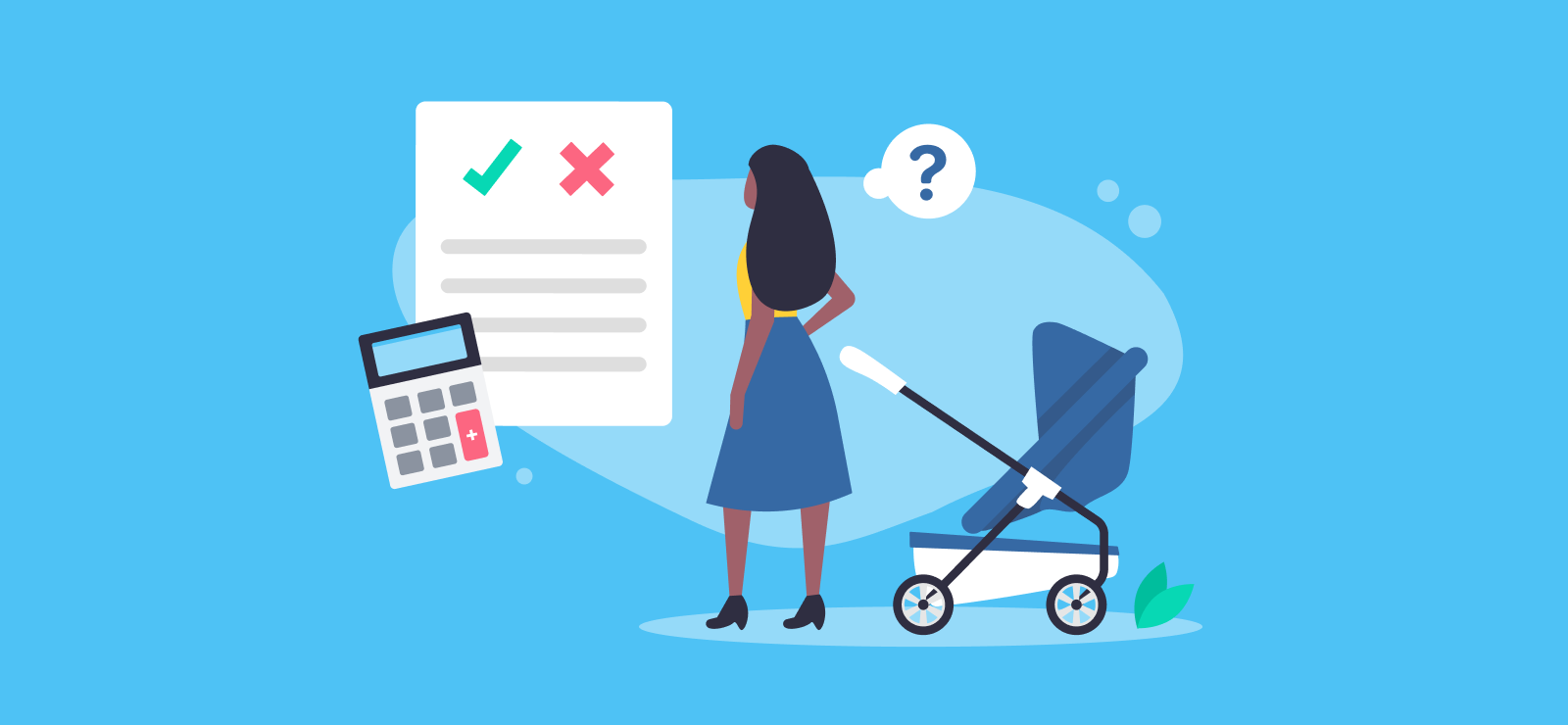

Understanding Accountancy Terms: Overheads
Overheads are costs which you incur in order to run your business, but they aren’t directly related to the product or service you provide. They’ll appear on your profit and loss statement, and can have a big impact on the financial health of your business, so in this article, we answer some of the most commonly asked questions about overhead expenses.
What are overheads?
Overheads are the costs you incur on order to keep a business running. It’s important to keep track of these costs so you can make sure your business stays as efficient as possible. You might also be able to claim tax relief on them as allowable expenses – helping to reduce your tax bill!
What are examples of overhead costs?
The type of business you run will determine what your overheads are. They’re a bit different to other sorts of expenses, and are more to do with what it costs to run the business. For example, a jeweller may need a physical store to reach their customers, so the cost of renting premises will be one of the overheads which enable them to operate effectively. Other examples could include:
- Business insurance
- Utility bills
- Accounting and legal services
- Cleaning and maintenance
Are there different types of overheads?
Yes! There are three different types of overheads:
- Fixed costs
- Variable costs
- Semi-variable costs
Fixed costs
Fixed costs, as the name suggests, pretty much stay the same every month. Typical examples of fixed costs in a business include things like rent, website hosting services, and business insurance.
These overheads usually remain the same regardless of how busy or successful your business is (unless you grow so much you need to take on larger premises, and pay more rent!). They are predictable, so you’ll pay the same amount every month.
Variable costs
Variable overheads are regularly recurring costs that fluctuate over time, usually relating to how busy you are as a business. For example, a restaurant’s water usage will change depending on how many customers it serves over time, so its water bill will change depending on the number of diners it has each month. Common variable overheads are utilities, such as gas and water bills.
Semi-variable costs
Semi-variable overheads are somewhere in-between variable costs and fixed costs. You’ll generally pay a predictable set amount on a monthly basis, unless you exceed a limit.
A great example of a semi-variable cost is your phone bill. You pay a fixed contract charge every month, but you’ll be charged extra if you exceed your data or call limit.
Will my overheads affect my tax bill?
Overhead costs are often allowable expenses, which means you can claim tax relief on them when you submit your tax return, helping you to lower your tax bill.
We know running a business can be stressful, which is why our professional online accountants try to make it as easy as possible. Call 020 3355 4047 and get an instant online quote.
Want to learn more?
Subscribe to our newsletter to get accounting tips like this right to your inbox

Read more posts...

The Accountancy Partnership – Our Positive Reviews
16th February 2026We’re proud of our customers’ reviews here at The Accountancy Partnership The reviews we receive from our customers show how hard we…
Read More
Maternity Pay for Self-Employed People
15th February 2026As a self-employed person you might be eligible to get Maternity Allowance payments for up to 39 weeks. It’s different to Statutory…
Read More
National Insurance for the Self-Employed
14th February 2026If you work for your own self-employed business, then you may need to pay National Insurance on the profits that you earn….
Read MoreConfirm Transactions
The number of monthly transactions you have entered based on your turnover seem high. A transaction is one bookkeeping entry such as a sale, purchase, payment or receipt. Are you sure this is correct?
Please contact our sales team if you’re unsure
VAT Returns
It is unlikely you will need this service, unless you are voluntarily registered for VAT.
Are you sure this is correct?
Call us on 020 3355 4047 if you’re not sure.
MTD IT Quarterly Updates
Your final, end of year MTD Income Tax submission is included in your fee.
You can submit the quarterly updates yourself using Pandle, or alternative bookkeeping software (which we recommend).
However, if you would prefer us to submit these updates, there is an additional fee of £35.00 per month.
Call us on 020 3355 4047 if you’re not sure.
Bookkeeping
You will receive our bookkeeping software Pandle for free, as part of your package.
You can use this to complete your own bookkeeping, or we can provide a quote to complete your bookkeeping for you.
Please select and option below:
Call us on 020 3355 4047 if you’re not sure.

